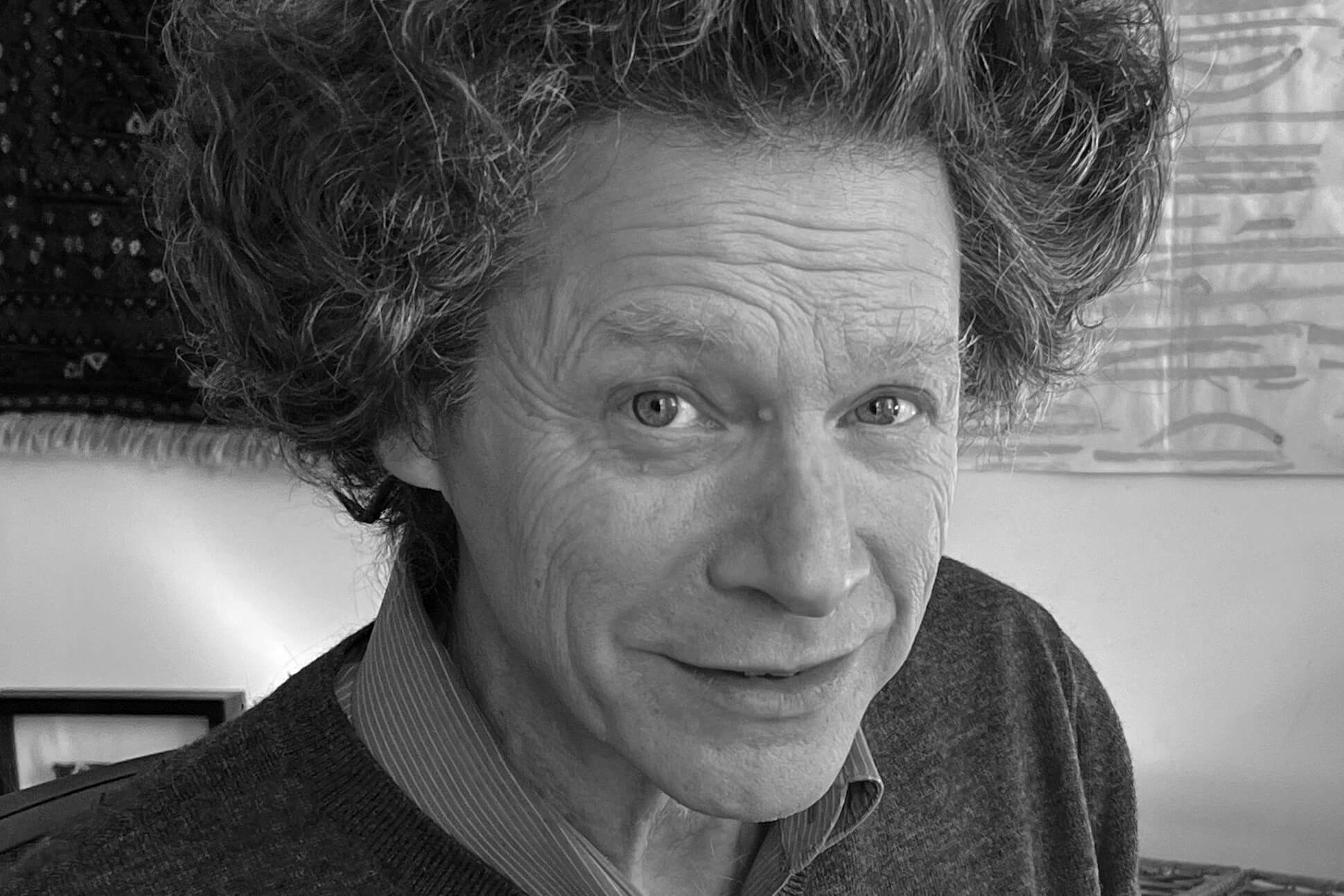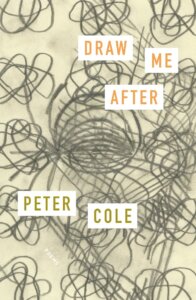The surprisingly erotic (and poetic) nature of the Hebrew alphabet
In the transcendent work of ‘genius’ poet Peter Cole, sometimes male and female letters just want to hook up

Graphic by Angelie Zaslavsky
Peter Cole is one of the foremost Jewish poets and translators in the English-speaking world. A recipient of the MacArthur Foundation “genius grant” and a Guggenheim Foundation fellowship, Cole has won awards for his poetry and his translations as well as the American Library Association’s Sophie Brody Award for Outstanding Achievement in Jewish Literature for Sacred Trash: The Lost and Found World of the Cairo Geniza, which he wrote with his wife, Adina Hoffman. His latest, Draw Me After, is a book of poems. He spoke with the Forward about it; our interview has been edited for length and clarity.
There are other poems in here, including a section of poems about the drawings of Terry Winters, but Draw Me After is also structured around the Aleph Bet. Why write about Hebrew letters in a book of English poetry?
Hebrew letters have attracted me in the most palpable and resonant ways for pretty much as long as I can remember remembering. I wanted to see if, after all these years with them and the works they’ve given rise to in me, I could somehow account in English for an experience that cut to the most elemental level of my literate self, which is to say, my visceral fascination with those 22 letters.
The title comes from a seductive opening phrase from “The Song of Songs.” Why did you choose it?
It’s more like it chose me — as though it had bobbed up through a dream and landed on the title page. In fact, I’m getting the phrase from the Zohar to “The Song of Songs,” where the Kabbalistic writer is referring to the period long before the creation of the world as we know it. At that mythic moment, the male and female Hebrew letters, wanting to be joined, to hook up in the higher sense, call to each other, saying, “Draw me after you, let us run.” When you add to that one of the book’s other principal obsessions — certain drawings and other works of art that have entered into my bloodstream and which I’m also trying to “translate” in this book — Draw Me After seemed inescapable as a title, even bashert.
“Vav” is dedicated to the memory of a friend of yours and a former professor of mine, Geoffrey Hartman. Can you tell us about that poem?
I spent a lot of time living with each letter while writing these poems — looking, brooding, listening and reading about them in Kabbalistic commentaries. But when I started composing, it was all improvisation, at least initially. In “Vav” I had no idea I’d end up with a poem about a great literary critic and the strange power of attending to a text. It really was as though Geoffrey emerged from the actual letters of the poem in the making.

Before we get to “Aleph,” we encounter “This Pig I,” which seems like a profane start to a sublime Kabbalistic collection. But that poem has its own story, too, right?
A long one. But the short of it is that it’s “about” a Leonard Baskin print of a black pig that’s been hanging over our couch in New Haven for some twelve years. I loved it from the second I saw it among the dressers and knickknacks of the Northampton used furniture shop where we bought it. One afternoon a few years ago, in a particularly dark time for me, I was either falling asleep or waking up on that couch when I found myself staring at the pig. That’s the story, or where it begins. I don’t think of the poem as profane so much as grounded in the place where, as Yeats put it, “all the ladders start.”
Draw Me After has five new translations of Hebrew poems, including an unpublished one by Yehuda Amichai that seems directly aimed at you! How did you come across that poem?
I fished it out of a box in Yale’s Beinecke Library after reading a Chana Kronfeld article about it and several other Amichai poems relating to translation. The only translations I’ve included in this collection are of poems that in some spooky way seem to be speaking directly for me or to me. That confluence and maybe even confusion of perspective across time and languages gets at the magic that matters to me in writing and in art generally — when we’re left wondering “where did that come from?”
As well as the work you did with Terry Winters and the oratorio with Aaron Kernis, Edensongs, that’s premiering in February, so many of these poems are explicitly “for” or “with” or “from” or “after” other people. Who is drawing whom?
Much or even most of what we all do every day is explicitly for or with or from or after other people, and that bottom-line interdependence has long called to me as a subject for lyric mapping. That’s the beauty of collaboration: When it works, we’re led beyond ourselves, and the arrows point in many directions at once.
























